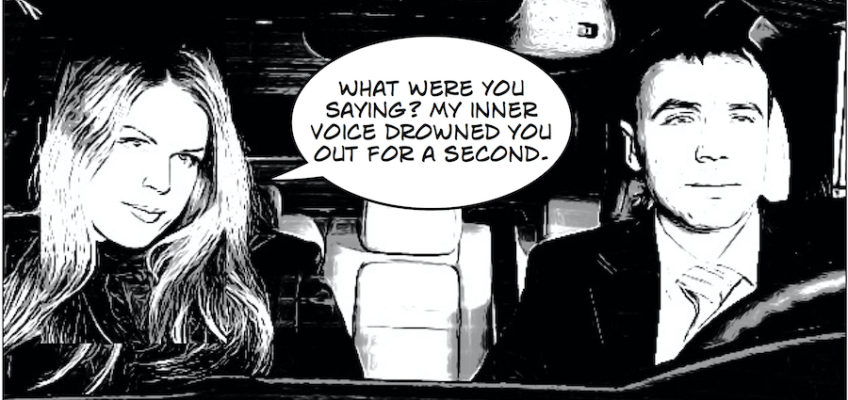Listening is hard for everyone , but did you ever wonder why? Think about it. When you listen you have to put your feelings, thoughts, and ideas aside. It means stepping out of the spotlight. Listening puts your partner front and center. You follow while your partner leads, which means you need to relinquish control. If being in contact with your partner feels too vulnerable, the receptivity of listening lets the contact happen. If your partner is front and center, maybe you’ll always be in the background. If you are not in control, you may have to deal with the unexpected and unpleasant. If you follow, maybe some part of yourself will be lost. These are common, knotty aspects of listening well.
Couple therapy helps you with these very real obstacles to listening by teaching you how to sort them out. More than that, it helps you establish “anchoring experiences” of listening fully so that you can return to this kind of (now more positive) listening experience with your partner.
Listening strengthens you by affirming that you are enough your own person to bear the separateness and uniqueness of your partner. Just as physical exercise strengthens your muscles and endurance, the exercise of listening well strengthens your sense of self. Listening with care affirms your partner as a valued and separate other.
Listening opens those essential emotional currents between you. The act of listening confirms your availability and your partner’s importance to you. Comfort and care flow to your partner. In listening you attune yourself toward, and make yourself able to recognize your partner. You provide the fundamental experience to your partner of being deeply known by the most important person in his or her life. Even as you receive, your presence is felt. You open the flow that permits collaboration and cooperation. It is this previously lacking exchange of understanding, of meaning, and of recognition that allows you to work together.
Affirmatively,
Robert Ogner, October 29, 2007


